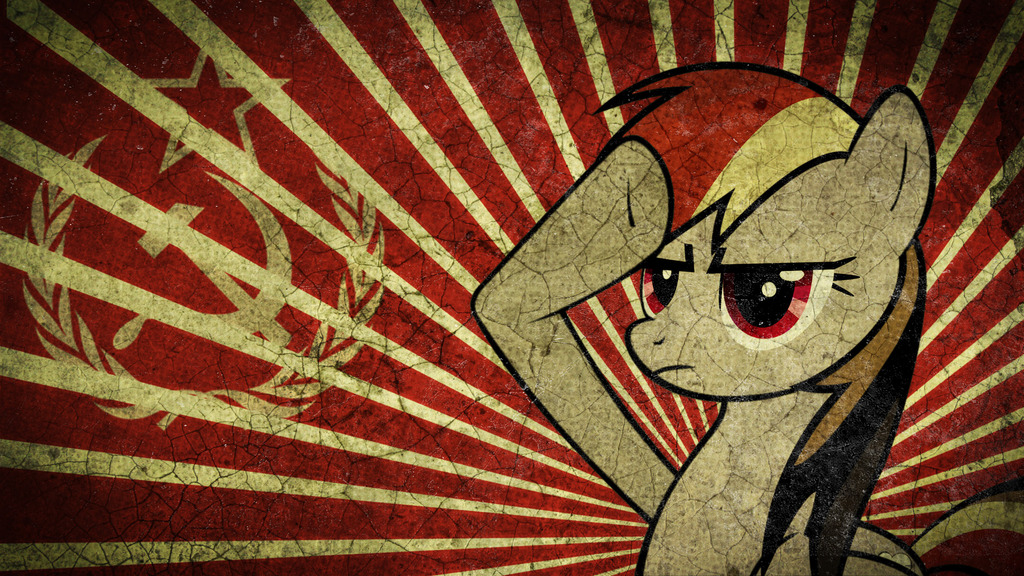Because if you spend enough time on the internet, especially the Western side, you start to hear voices of people who oppose their governments and not enough from those who support it.
Even many who are supportive tend to say that their government is authoritarian.


Of course China is authoritarian. It's an iteration of the "dictatorship of the proletariat." Lol.
To be more serious. Every single citizen of a country will have lots of complaints about their own country, even those who think most things are working ok. By sheer nature of living somewhere, you become intimately aware of its problems and weaknesses, and wants to see certain changes and improvements. Does this mean they dislike the country as a whole? Or love another country more than their own? No.
The CPC is enjoying an unprecedented high approval rating due to being a highly efficient government capable of implementing long-term plans to improvement the country. Many people have witnessed those changes with their own eyes, lived through them personally, and mostly approved of the results.
In addition, a part of the CPC's mission is to protect and revive China and Chinese culture, which it has done so by alleviating poverty, strengthening the economy and the military, and enhancing China's influence and reputation in the world. Not every single Chinese person is a socialist or at all interested in politics, but a great majority (even including overseas Chinese) DO resonate with that mission, with seeing how the country has improved, how traditional cultural elements are being preserved and incorporated with modern elements in creative ways in all forms of media, architecture, art works, ways of life, all the scientific achievements, etc.
Yes, there is censorship and an element of authoritarian control. Moreso in the past, and a little more relaxed in the present, but it's definitely there. Arguably, the Chinese people is more familiar, even comfortable, with an authoritarian government (how else does one keep a vast country with huge population together throughout the thousands of years). However, because the government is vested with more power in general, the people have higher expectation for it to perform and to take care of everyone. It's part of the Confucian social contract that hides deep in the structure of society. That being the case, when people fall through the cracks in various ways, they blame the government personally for failing them, more than a typical Western person would in a similar situation.
Also, the government makes policies primarily based on what benefits the society overall, and not the individual (by this, I do not mean ethnic minorities or classes of people, who are protected as part of a harmonious society; but the concept of individualism itself). If you're an individual who happens to not conform with what is considered to be socially beneficial, or who wants to be disruptive in some way (and it may even be a perfectly acceptable type of disruption in the West), you would feel the boot of repression upon your neck.
With 1.4 billion people, even tiny percentage of unhappy people is tens of millions of unhappy people. Each have their own story, and justification, and many grievances are valid. Because no government is ever so perfect as to take the best care of every single person, no government is entirely free of corruption or negligence or ineptitude. The CPC has made mistakes that massively affected some people's lives for the worse. It has also dramatically improved things in other ways. For some people, the two did not even out. For others, they imagine the West to be a shining beacon that is far better, more free, where people can truly make money and live a good life. Simultaneously, a current trend is for Chinese netizens to say they never realized how great their own country is and how much they love it, until they broke through the Great Firewall via VPN and started to see how the outside is doing.
Overall, the only way to determine how a country's government is doing is to analyze vast statistics, and in comparison with other governments. In that light, the CPC's numbers are pretty good, but there are always room for improvement.
Good comment!
And you joke, Blinky katt but I once sat face to face with someone as they told me that China even admits that it's a dictatorship in its constitution. I sat there agog and incredulous, lost for words. How does someone who has made the effort of reading the Chinese constitution say some thing like that not just with a straight face but with a smirk as if they have uncovered a secret that everyone in the west knows but which nobody in China has noticed?
For reference, the text (http link) reads:
A lot of people in the west are trained to think "dictatorship" and "autocracy" are exactly the same thing. They don't understand that "dictatorship" is just "those who dictate the law."
Who says they had? They could have just heard it from someone
In this case, they definitely had. But there is a real problem of liberals thinking that secondary sources are enough.